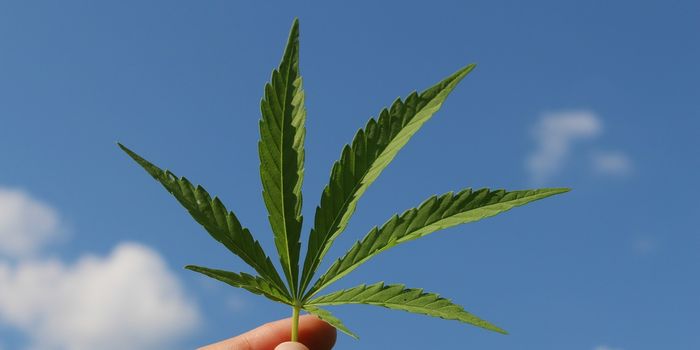Myrcene: The Power Terpene

Terpenes in cannabis are responsible for the aroma, taste, and therapeutic efficacy of a given strain. Terpenes are effective even at low concentrations when administered orally or topically. Myrcene, also known as beta-myrcene, is responsible for the sedating effect associated with indica strains, and it is often used as a muscle relaxant or sleep aid. It is also used as a flavoring agent in food and beverages, and is deemed Generally Recognized as Safe (GRAS) by the Food and Drug Administration (FDA). Strains with more myrcene tend to have sedative effects while those with less myrcene usually boost energy. Some myrcene-rich strains include indicas like OG Kush and Granddaddy Purple, while strains low in myrcene tend to be sativa-dominant.
Interactions with other terpenes significantly determine myrcene’s effectiveness. Myrcene comprises roughly 50% of a cannabis plant’s terpene profile, but myrcene’s interactions with other terpenes has a powerful effect on therapeutic potency. A study of phytocannabinoid and terpenoid entourage effects, conducted by Dr. Ethan Russo, indicated that the synergistic effect of different terpenes working together is more powerful than one individual terpene. Another key finding of this study was that myrcene facilitates the movement of THC and CBD across the blood-brain barrier, highlighting how myrcene can modify the effects of a cannabinoid and in some cases act as a precursor to the production or activation of other terpenes.
Sources: Frontiers in Nutrition, NIH, Strainpoint








